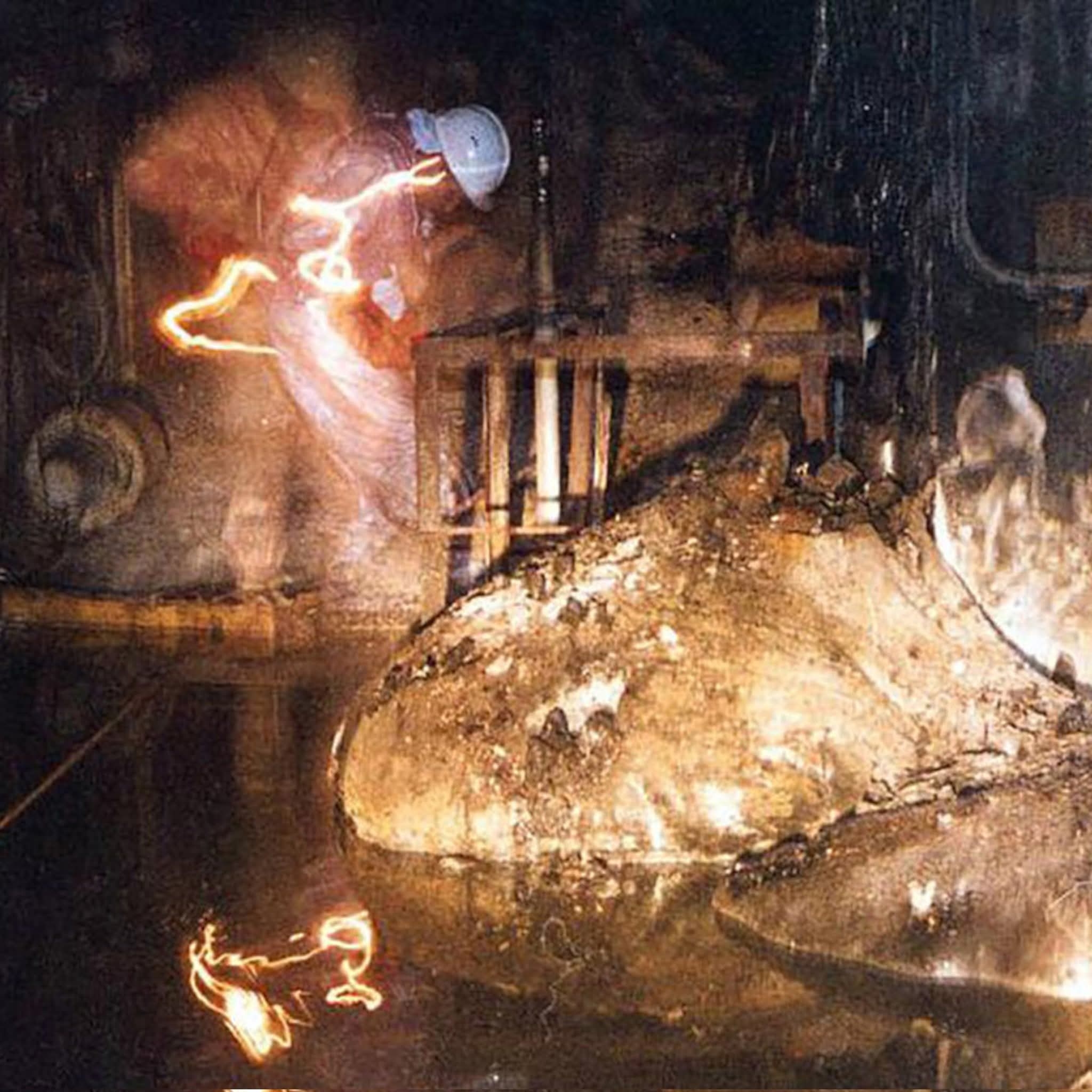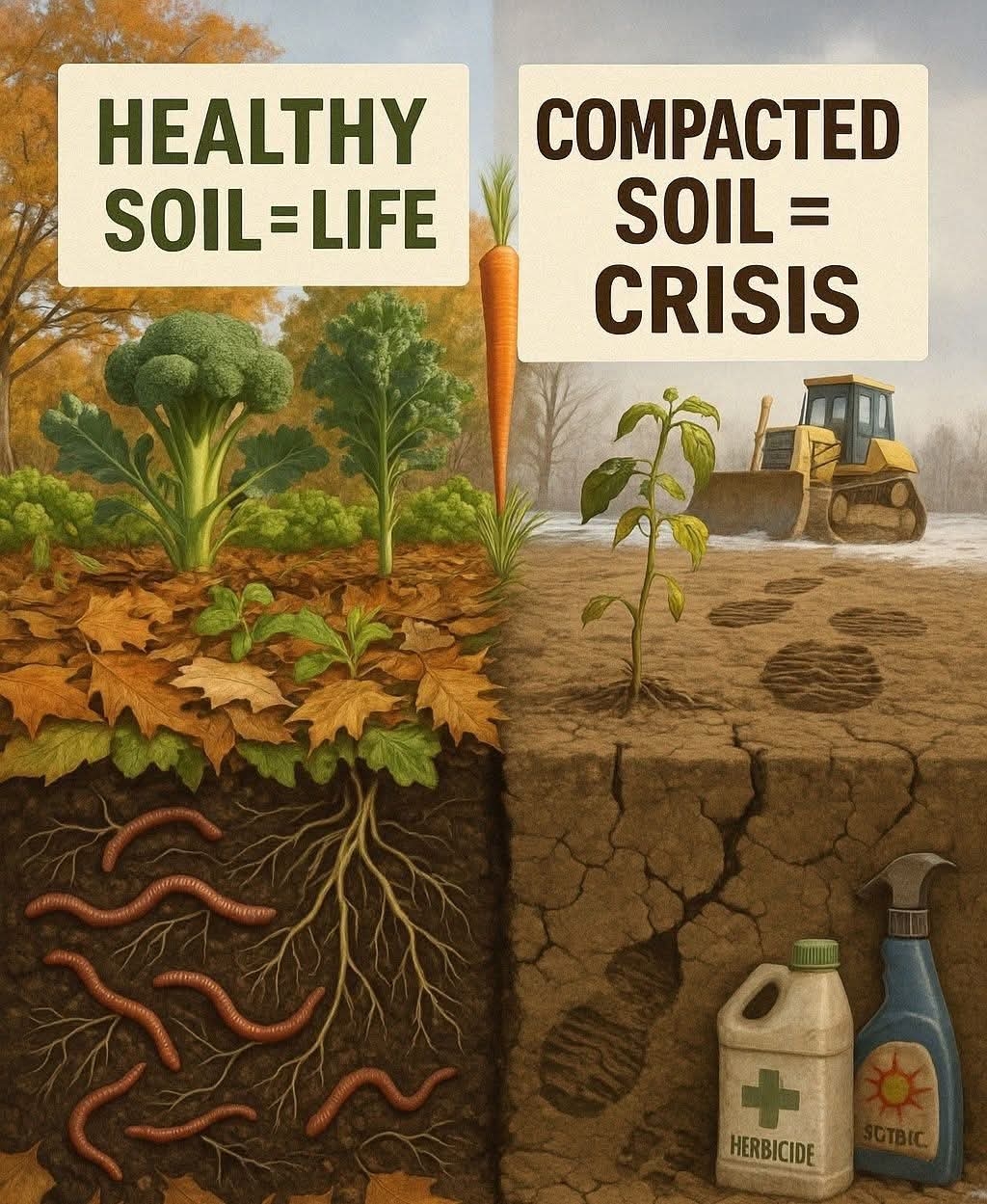The Silent Soil Crisis: Why Earthworms Matter
Why Healthy Soil is a Big Deal
Earthworms aerate soil, making it easier for roots, water, and air to penetrate.
Just 1 acre of healthy land can support up to 1 million worms, processing 10 tons of soil a year!
Without worms, soil becomes compacted, nutrient-poor, and drought-prone.
A healthy underground network = a thriving garden above.
What’s Harming Earthworms
Heavy machinery and foot traffic crush soil structure and tunnels.
Leaf removal starves worms and exposes soil to extreme weather.
Pesticides & fertilizers kill worms and vital microbes.
Bare winter soil leads to deeper freezing and worm die-off.
How You Can Help
Leave the leaves – mulch garden beds naturally.
Create a leaf compost zone – slow-feed the soil over time.
Avoid walking on wet soil – protect fragile structure.
Feed the soil organically – use compost, not chemicals.
Earthworms can live up to 8 years in a healthy environment — or die within weeks in a compacted one.
They’ve been enriching earth for 300 million years — let’s not undo their work!
🪱 The Silent Soil Crisis: Why Earthworms Matter 🪱
Why Healthy Soil is a Big Deal
Earthworms aerate soil, making it easier for roots, water, and air to penetrate.
Just 1 acre of healthy land can support up to 1 million worms, processing 10 tons of soil a year!
Without worms, soil becomes compacted, nutrient-poor, and drought-prone.
A healthy underground network = a thriving garden above.
What’s Harming Earthworms
Heavy machinery and foot traffic crush soil structure and tunnels.
Leaf removal starves worms and exposes soil to extreme weather.
Pesticides & fertilizers kill worms and vital microbes.
Bare winter soil leads to deeper freezing and worm die-off.
How You Can Help
Leave the leaves – mulch garden beds naturally.
Create a leaf compost zone – slow-feed the soil over time.
Avoid walking on wet soil – protect fragile structure.
Feed the soil organically – use compost, not chemicals.
Earthworms can live up to 8 years in a healthy environment — or die within weeks in a compacted one.
They’ve been enriching earth for 300 million years — let’s not undo their work!



